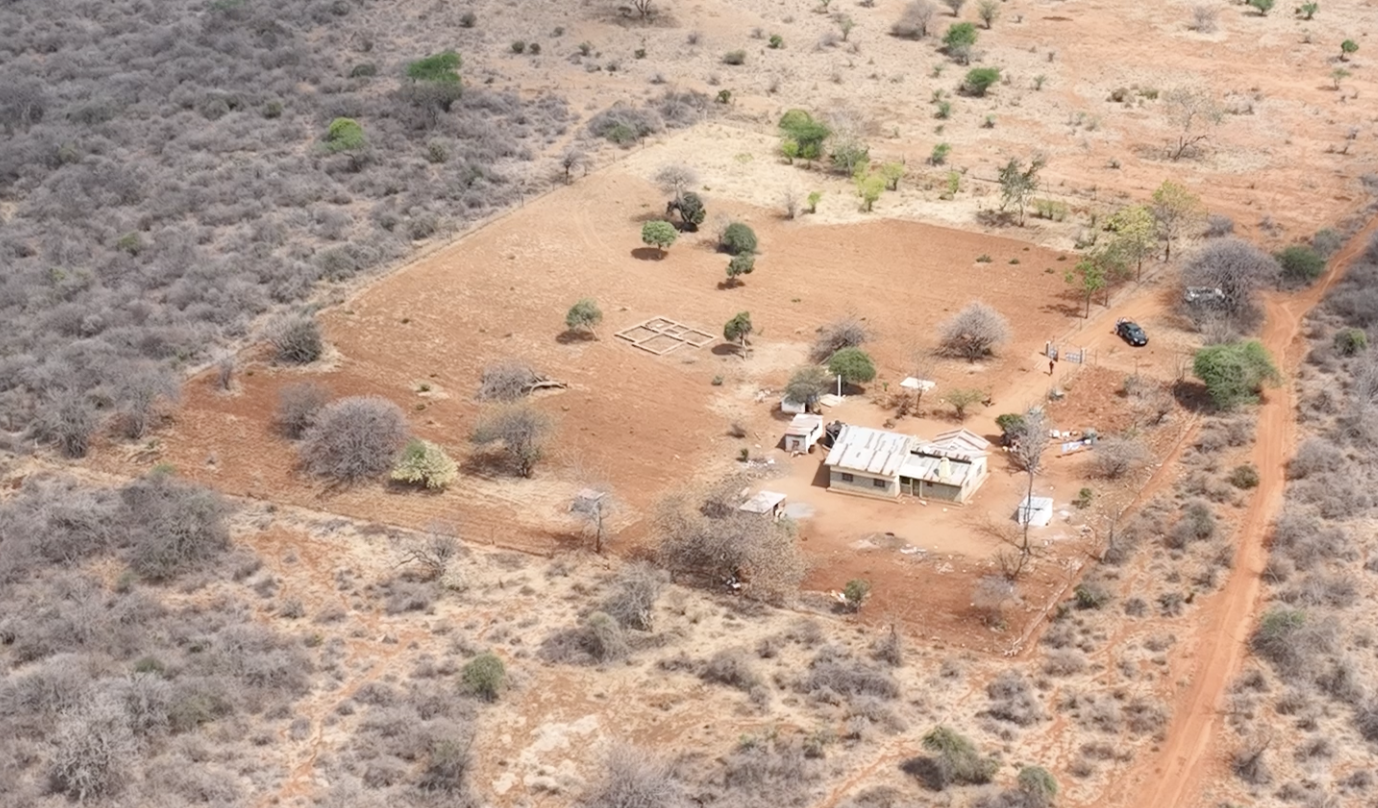AfDB meet in Lusaka closes with a new deal on energy and jobs for youth
The annual meetings of the African Development Bank ended in Zambia’s capital today, with policy makers being reminded that they need to stop talking, and translate ambitious plans we often hear about, into reality.
Akinwumi Adesina, the bank’s president said the issues discussed during the meetings were paramount to drive development in Africa but that action to implement the issues raised was paramount.
“How many times did we hear this week that the rhetoric must become the reality, and that in our words must become our deed,” he said in remarks delivered during the closing ceremony.
The 51st annual meetings were held in Lusaka, the Zambian capital from May 23 to May 27 under the theme “Energy and Climate Change” which analysts say were key to unlocking Africa’s economic potential.
The five areas of focus for Africa’s transformation include Lighting up and powering Africa, Integrate Africa, Feed Africa, Industrialize Africa and Improve the quality of life of the people.
The five priority areas, which have been termed “High-Fives” are in line with the bank’s 10-year strategy and serve as a blueprint for African countries to embark on a course of sustainable transformation.
Among other outcomes of the meetings include the launch of a new strategy, New Jobs for Youth in Africa, a venture that will see the creation of 25 million jobs in 10 years, and provide the skills for another 50 million youth.
The bank also launched a new program, Affirmative Finance Action for Women in Africa, aimed at advancing the gender equity agenda by addressing the challenges that women face in an attempt to access finance.
Under the program, the bank will engage partners in mobilizing funding of up to 300 million U.S. dollars to finance women.
The full objective of the program is to run a 3-billion dollars fund that will be available through the bank’s non-concessional window.
Other issues tackled included nutritional challenges, climate change, Information and Communication Technology (ICT) for a smart Africa, regional integration, water and sanitation, green growth, and South-South cooperation.
Here’s CCTV’s Farai Mwakutuya in Lusaka, putting the week’s events, into perspective.






